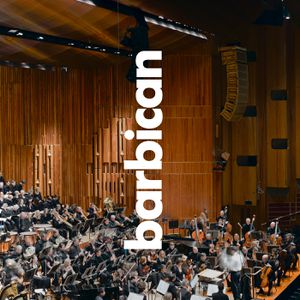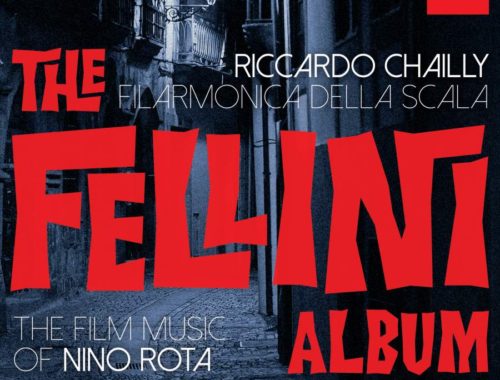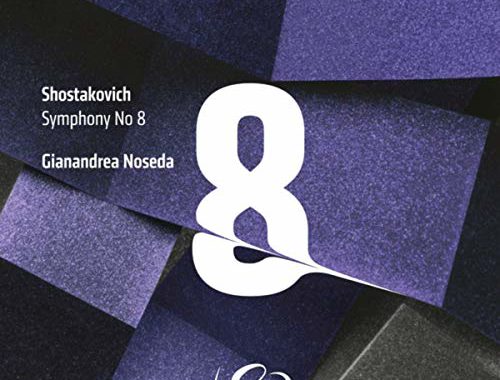SUNDAY 4TH JULY 2010 MOZART “DON GIOVANNI”
Glyndebourne Festival Opera
The crushing first chord of the Overture plunges us into darkness – a sudden and scarifying blackout. Through the gloom of residual light we can just make out a slowly revolving cube, on each of its sides ornate masonry, an old erotic master, and a door. Is this the House of Giovanni? Or Pandora’s Box? Or both? Paul Brown’s truly amazing set for Jonathan Kent’s new Glyndebourne staging of Mozart’s Don Giovanni is – like the opera’s anti-hero – full of surprises. It opens, it unfolds, it conceals, it deviously transforms and eventually, inevitably, disintegrates.
But this visual stylisation is thrown into the sharpest relief with Kent’s naturalistic descent into a period where the rock n’roll of the Don’s privileged lifestyle will have seemed particularly enticing. For those with memories long enough to recall the late 1950s, the smell of sexual permissiveness was growing increasingly intense. “Kitchen sink” drama was the new sleaze. And Don G (the eternally suave Gerald Finley) was living it. A Polaroid photo of each sexual conquest (how cool and how sinister is that) helped him keep the memories alive. Instead of one little book of statistics his valet Leporello (the excellent Luca Pisaroni) maintained a selection of albums.
The success of Kent’s update entails the risky strategy of to some extent playing against the reckless dash of the narrative (brilliantly and dramatically underpinned by Vladimir Jurowski’s fizzing engagement with the Orchestra of the Age of Enlightenment) and playing the recitative at conversational pace. And with Finley savouring the caress of his words as surely as that of his songs and his experienced touch, the pace was often quite languorous.
All of which made (according to your viewpoint) for a greater contrast and sense of heightened imperative with the musical numbers and the all-singing, all-dancing set – and for sure you couldn’t have wished for a more sizzling hike in temperature in the act one finale as an entirely unexpected premonition of hellfire and damnation devours the Don’s home a couple of hours ahead of schedule.
Jurowski’s choice of the Vienna edition gave Don Ottavio his ravishing “Dalla sua pace”, which William Burden sang decently but not exceptionally, and the elegant Kate Royal’s Donna Elvira (looking dazzlingly in period) got to brave “Mi tradi” with a compelling amalgam of breathless desire and desperation. Anna Virovlansky’s Zerlina was outstanding and her compatriot Anna Samuil – a touch of wildness in the vocal temperament – made quite a fist of Donna Anna’s challenging “Non mi dir”.
The last Polaroid of the evening was of the deceased Don – a souvenir to add to Leporello’s album and lasting evidence that you reap what you sow?


